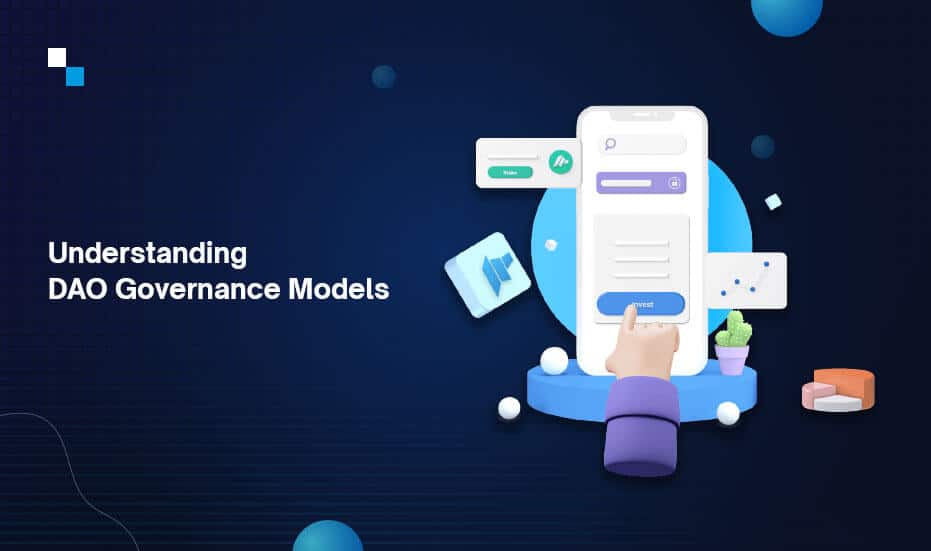Cardano and DAOs: The Role of DAOs in the Platform’s Governance Model

Cardano and DAOs: The Role of DAOs in the Platform’s Governance Model

DAOs are a form of decentralized organization that operates through smart contracts and enable members to collectively make decisions and manage funds. In this article, we will explore the role of DAOs in Cardano’s governance model and examine their potential benefits, and challenges. Cardano, Bitcoin and other crypto projects are great for investing. Start Online trading now and thank me later for this.
Cardano’s Governance Model

Cardano’s governance model is unique compared to other blockchain-based systems. The platform operates through a hierarchical structure that is decentralized and allows for community-driven decision-making. This structure is divided into three main components: the Cardano Foundation, Emurgo, and IOHK. Each component plays a vital role in the governance of the platform, with IOHK serving as the primary development entity responsible for the technical aspects of the platform.
Cardano’s governance model also involves a voting system where stakeholders can vote on proposals to make changes to the platform. The voting system is designed to be fair and transparent, with each stakeholder’s voting power being proportional to their stake in the platform.
One of the key advantages of Cardano’s governance model is its ability to adapt and evolve over time. The platform’s modular design allows for new features and capabilities to be added without disrupting the entire system. This approach ensures that Cardano remains flexible and responsive to the needs of its users.
However, there are also potential drawbacks to Cardano’s governance model. For example, the hierarchical structure could potentially lead to centralization if the power becomes concentrated in one component. Additionally, the voting system could be vulnerable to manipulation if a large stakeholder were to acquire a majority of the voting power.
The Role of DAOs in Cardano’s Governance Model

Decentralized Autonomous Organizations (DAOs) play a crucial role in Cardano’s governance model. DAOs are a form of decentralized organization that operate through smart contracts and allow members to collectively make decisions and manage funds. In Cardano, DAOs are used to facilitate community-driven decision-making and enable stakeholders to propose and vote on changes to the platform.
One of the main benefits of using DAOs in Cardano’s governance model is their ability to promote decentralization and transparency. Since DAOs are decentralized, they allow for a wider range of participants to have a say in the decision-making process, which can help prevent power from becoming too concentrated in one entity.
DAOs can also help address some of the potential drawbacks of Cardano’s governance model. For example, DAOs can help prevent centralization by allowing for a more distributed decision-making process. Additionally, DAOs can help mitigate the risk of voting manipulation by requiring a certain level of participation and consensus among stakeholders.
There are already several successful DAOs operating within the Cardano ecosystem. For example, the Catalyst project is a DAO that enables stakeholders to propose and vote on funding proposals for the platform. The project has been successful in funding several key initiatives and has helped drive the platform’s growth and development.
Challenges and Risks of DAOs on Cardano

One of the key challenges of DAOs is ensuring that they are governed in a fair and transparent manner. While smart contracts can provide a level of transparency, there is still a risk of centralization or manipulation if a small group of stakeholders gains control of the DAO.
DAOs are vulnerable to hacking and other forms of cyber attacks, which can result in the loss of funds or compromised decision-making. Another challenge of DAOs is ensuring that there is adequate participation from stakeholders to ensure a fair and representative decision-making process.
To address these challenges and risks, there are several potential solutions that can be implemented on Cardano. One approach is to use multi-sig wallets to require multiple signatures for transactions and decision-making within the DAO. This can help prevent a small group of stakeholders from gaining too much control over the DAO.
Another solution is to incentivize participation through the use of token rewards or other incentives. This can help ensure that a wide range of stakeholders are involved in the decision-making process and can help prevent apathy or disengagement from the community.
Finally, it is important to ensure that DAOs are properly designed and maintained to prevent errors and vulnerabilities. This may involve working with experienced developers and auditors to ensure that the smart contracts and other technical components of the DAO are secure and reliable.
Conclusion
In conclusion, DAOs are an essential component of Cardano’s governance model, providing a means for stakeholders to participate in decision-making and manage funds in a decentralized and transparent way. While there are several challenges and risks associated with the use of DAOs, Cardano has the potential to overcome these obstacles through careful design, effective governance, and incentivized participation.




